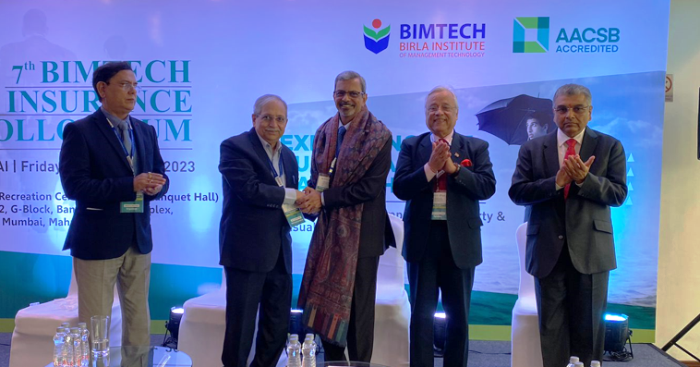New Delhi, September 21, 2019: From violating the law to untested medical reports, foul play of Pharmaceutical companies is appalling. Despite global efforts, sales of fake medicines are rising rapidly.
According to the World Bank data, about 10% population of the world lives in extreme poverty. Often prone to diseases, this population needs utmost attention from the medical sector.
The global pharmaceutical market was worth $952. 51 bn in 2018, according to Global Data- one of the most profitable sectors. With increased private participation in the pharmacy sector, prices usually remain on the higher side, making it difficult for poor people to afford it.Due to these reasons, global laws encouraged the manufacture of generic drugs—an equivalent chemical substance at a much lower price.
This has led to an effective contribution from generic drugs manufacturers, especially in the continents like Asia and Africa, considering that majority of the poor people live there.This certainly sounds nice as this would solve at least one major problem of the world.If things were this simple, then we wouldn’t have people dying or feeling ineffective post generic drug dosage.
Various reports suggest that the size of the global fake drugs industry could run into hundreds of billions of dollars, with China and India at the forefront of such a menace. A recent incident of an eight-year-old child in Bangalore is also quite heart-warming, who became semi- blind after using fake eye drops.
These incidents are not new, as in her book Bottle of Lies: Ranbaxy and the Dark Side of Indian Pharma, Katherine Eban writes, “They often make their worst drugs- with the lowest- quality ingredients and the most manufacturing shortcuts- for the least regulated markets, including India.”
Besides this, the book Bottle of Lies also shows how Ranbaxy fabricated the reports. As per Olivier LeBlaye, from World Health Organization (WHO), many of the “patients” Vimta Labs (a company that Ranbaxy had hired to administer clinical tests of its AIDS medicine) enrolled in the study didn’t seem to exist. Medicines destined for terribly sick AIDS patients- had essentially been untested.
The rampant unethical practices are not just limited to Ranbaxy. Apart from the Singh brothers’ misadventure into pharma, there have been plenty of reports of report fabrication. A batch of Sun Pharma’s popular medicine brands “Pantocid” and “Pantocid DSR” (another multinational pharmaceutical company), was last year flagged for failing quality— a major issue of counterfeit drugs. Alongside this, as per the recent survey, it has also been observed that drugs sold are substandard rather than downright fake or counterfeit ones. Therefore, making it more difficult as substandard drugs are often overshadowed by the emphasis on controlling the production of fake ones.
Thus, there arises an urgent need for a change in the existing policies and that could only become plausible with stringent laws and regulations. Many a times, pharmaceutical companies are allowed to conduct their tests, research, solely on the basis of their generic drug dictum. However, low cost medicines shouldn’t be equated with being of low quality, fake or ineffective medicines.
Though the recent Indian government decisions has led to the adaptation of measures such as stringent penalties for manufacturing spurious drugs, certain offences also made non-bailable, sanctioning of expenditure towards strengthening of the drug regulatory system, more needs to be done to raise quality standards.
Corporate Comm India (CCI Newswire)
























